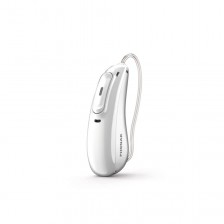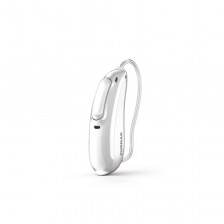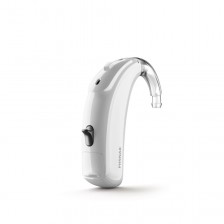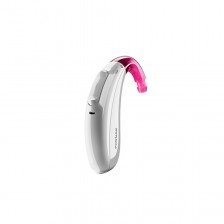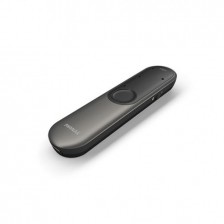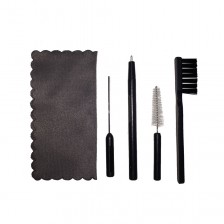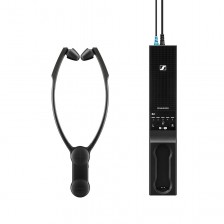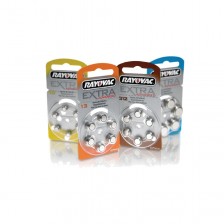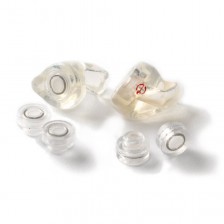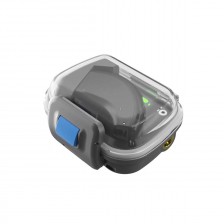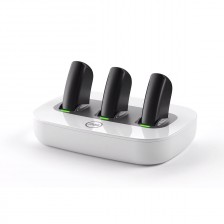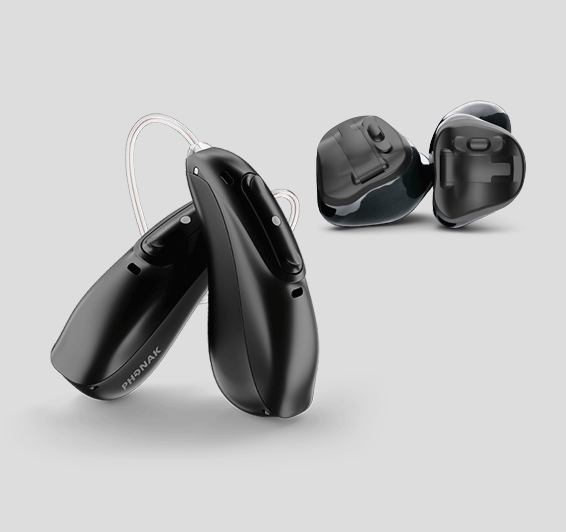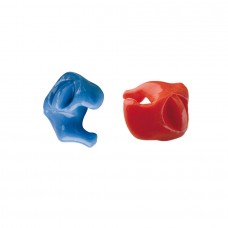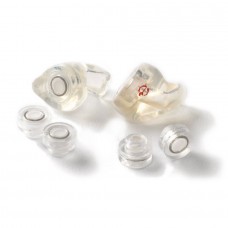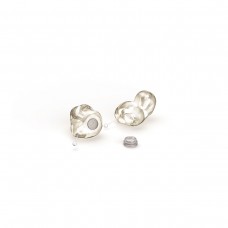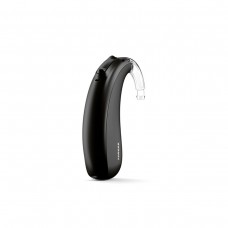What are ototoxic medications?


Have you ever wondered if your hearing problem may have been caused by some external factor? Have you suspected that your problem may be related to when you started taking medication? Among all the number of medications that fortunately we have on the market, the one you are consuming (or have taken) may have the contralateral effect of ototoxicity, which affects the inner ear, and although it is not an alarming problem, it is a reality that can affect the quality of life of the person who suffers from it. Ototoxicity is a common cause of hearing problems, especially for adults who take medications daily and regularly. In today's post, our goal is for you to be clear about what ototoxic medications are and their effects.
What does it depend on to develop ototoxicity when taking a medication?
- The dose of medication ingested and the duration of its treatment, increasing the probability if more than one ototoxic medication is taken at the same time.
- If the person suffers from kidney problems, thus making it difficult to expel the medication from the body.
- If the person's genetic makeup makes them more susceptible to the effects of ototoxic medication, so the existence of a family history affected by an ototoxic medication increases the probability.
Symptoms of ear disorders related to ototoxicity
- Tinnitus (ringing in the ear or noises).
- Hearing loss in either one ear or both. The loss does not necessarily have to be total. This symptom can be confused with having the sensation of having a blocked ear.
- Imbalance or vertigo. The affected person may feel dizzy frequently and cannot achieve total balance of their body, affecting walking and even after stopping taking the medication. This is because the ear, in addition to being in charge of hearing, is also responsible for balance.
Although it does not happen in all cases, these symptoms can disappear little by little once the medication is stopped, in others they cause permanent damage to the ears.
If you think you are suffering from ototoxicity from any medication you are currently taking, consult as soon as possible to the doctor who prescribed such a medication and go to your ENT doctor so they can give you a solution as soon as possible. To date, there are no treatments that can cure the damage caused by ototoxic medications, but by changing the dose or replacing it with another medication it is possible to prevent it from getting worse and even, in the best of cases, reverse it. We also recommend going to a hearing professional for periodic checkups so that you don't lose track of what is happening with your hearing in addition to ensuring that this effect is uncontrolled as much as possible. If ototoxicity has affected your balance, physical therapy can help you develop other ways to maintain balance. Recovery will depend mainly on the type of medication, the dose and the duration of the treatment.
